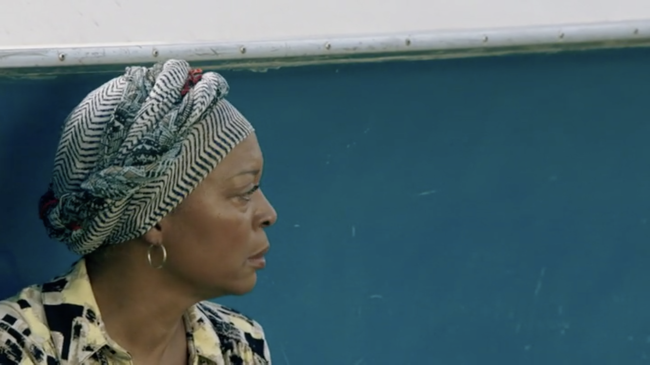
Think about one of your favorite movies or even one of the last movies you saw. Do you have a sense of how often a close-up occurred or what characters or objects received them?
Just to make sure there’s no confusion about the terminology, a “close-up” is any camera shot in which a character’s face, an object, or a detail in a scene take up most or all of the frame. So, could you offer a rough estimate of the close-ups in any movie at all?
It’s OK if you have no idea.
While there may be some memorable examples of close-ups, such as shots of the ring of power in The Lord of the Rings: The Fellowship of the Ring or Jack Nicholson’s crazed face in The Shining, most viewers are not watching films thinking about the cinematography. But that doesn’t mean the way a scene is shot isn’t important.
Close-ups are an aesthetic force that have a distinctive role in shaping viewers’ perceptions of characters and story. Through a $100,000 grant from the Mellon Foundation’s Public Knowledge Program, a new 15-month collaborative study between the University of Rochester and Bowdoin College aims to shine a light on the technique and demonstrate how it intersects with representations of race, class, gender, and sexuality on screen.
At Rochester, the research will be led by Joel Burges, an associate professor of English and of visual and cultural studies. The work will use Mediate, a digital annotation tool for audiovisual and time-based media, to curate, analyze, and interpret an at-scale collection.
Burges is receiving critical support from the River Campus Libraries (RCL), namely Emily Sherwood, director of digital scholarship and of the Mary Ann Mavrinac Studio X, a crucial collaborator on Mediate since 2017. Sherwood will help conduct exploratory data analysis and work with undergraduate students curators. Additional RCL support will come from Vinicius Romualdo, a digital scholarship designer; Jeff Suszczynski, a digital scholarship developer; and Maggie Dull, director of metadata strategies.
GET THE FULL STORY: “Mellon grant supports a close-up on close-ups”
For more information on digital scholarship’s work with Mediate, contact Emily Sherwood.
Enjoy reading about the University of Rochester Libraries? Subscribe to Tower Talk.


